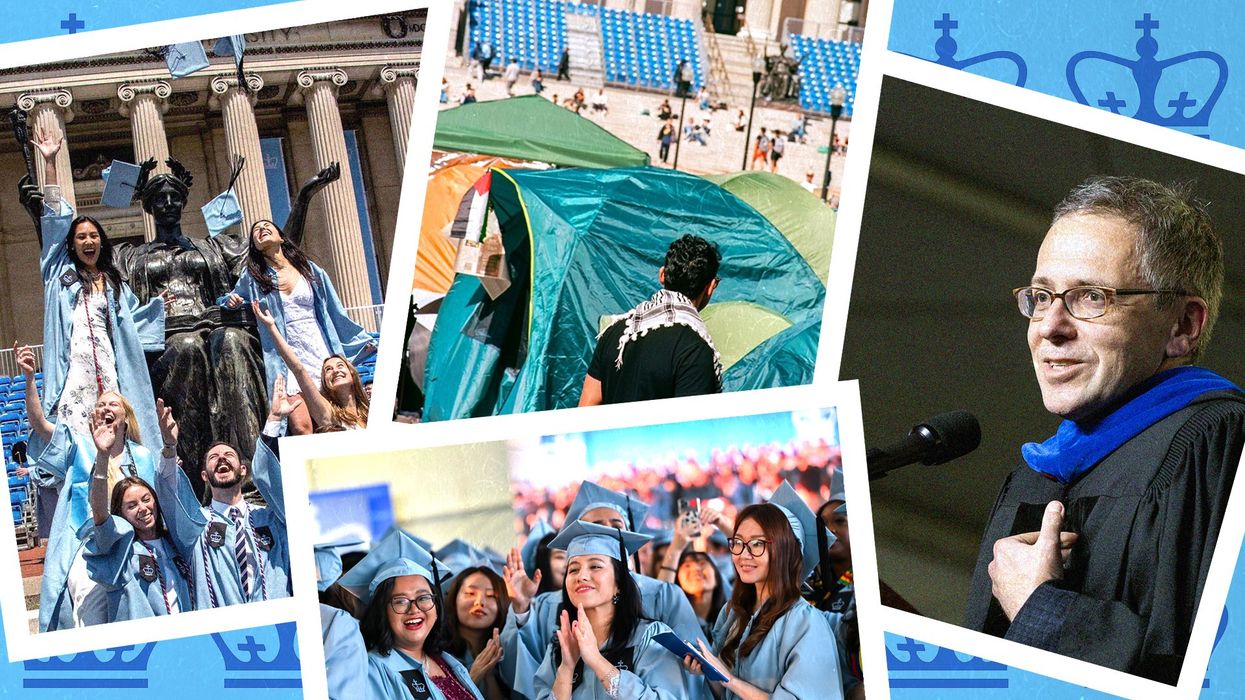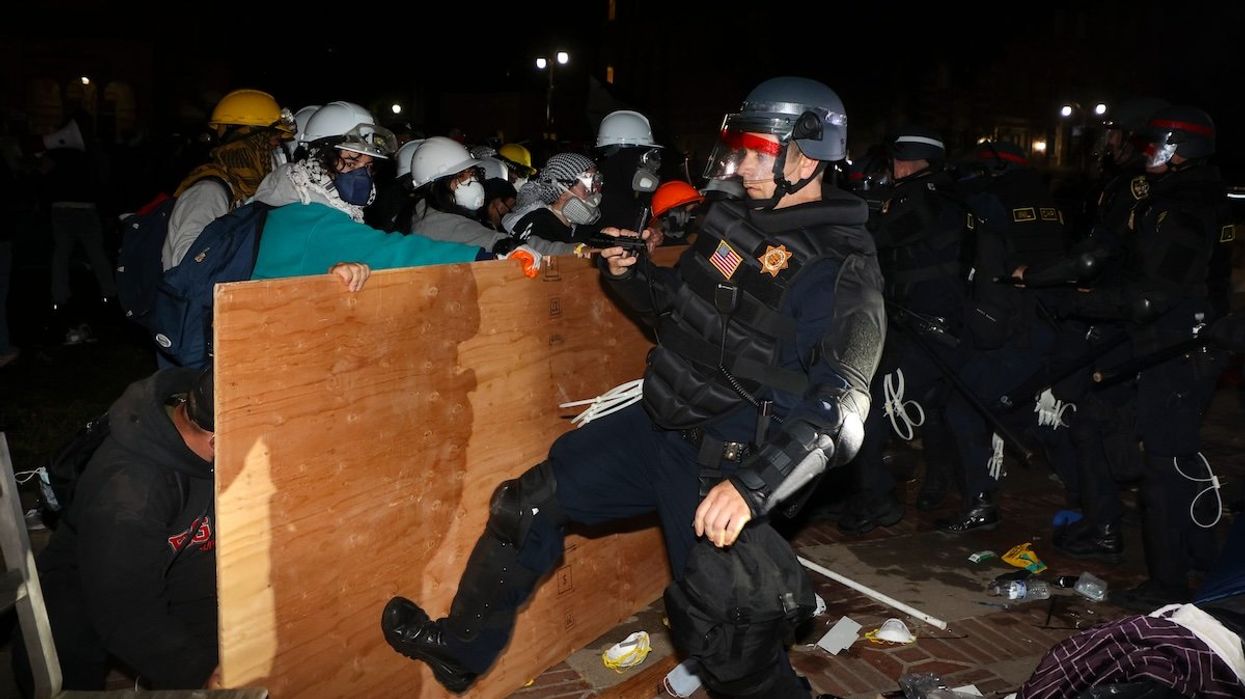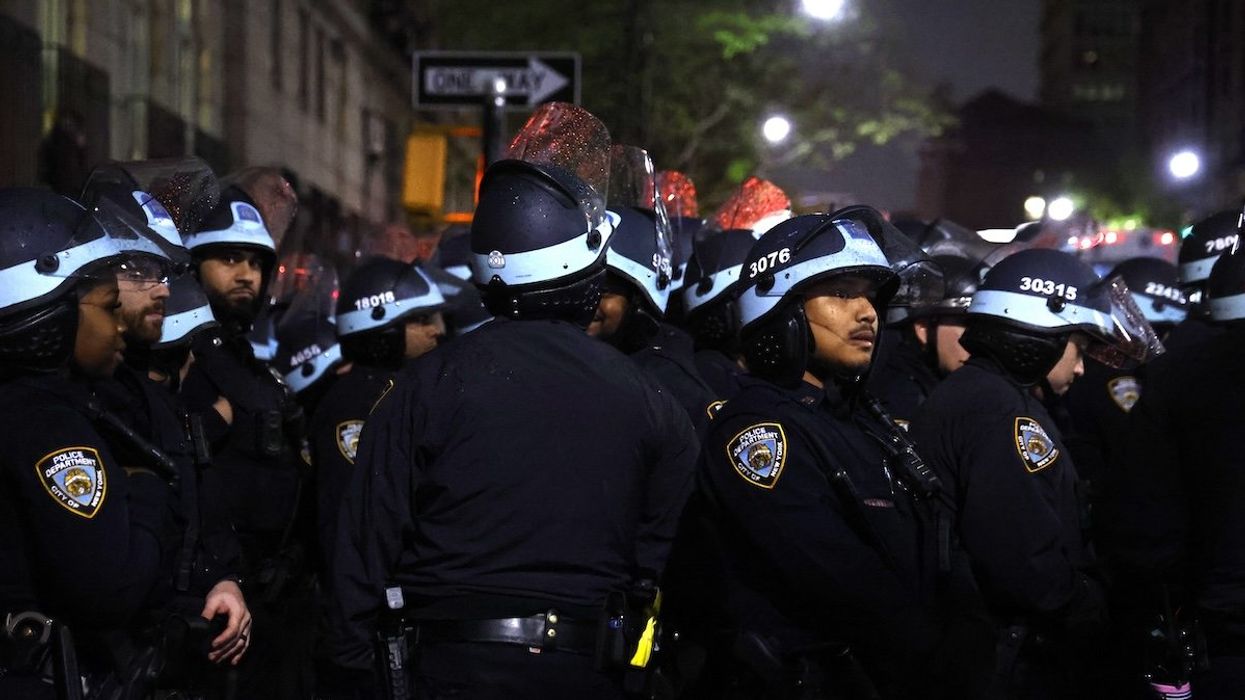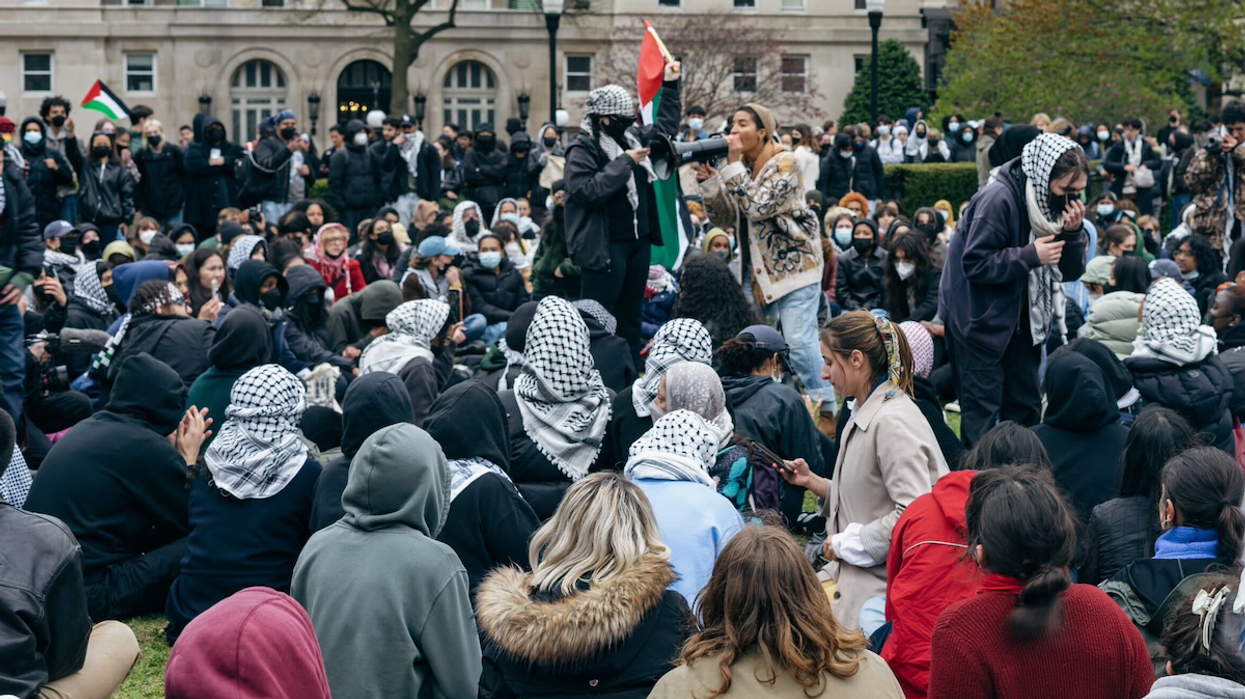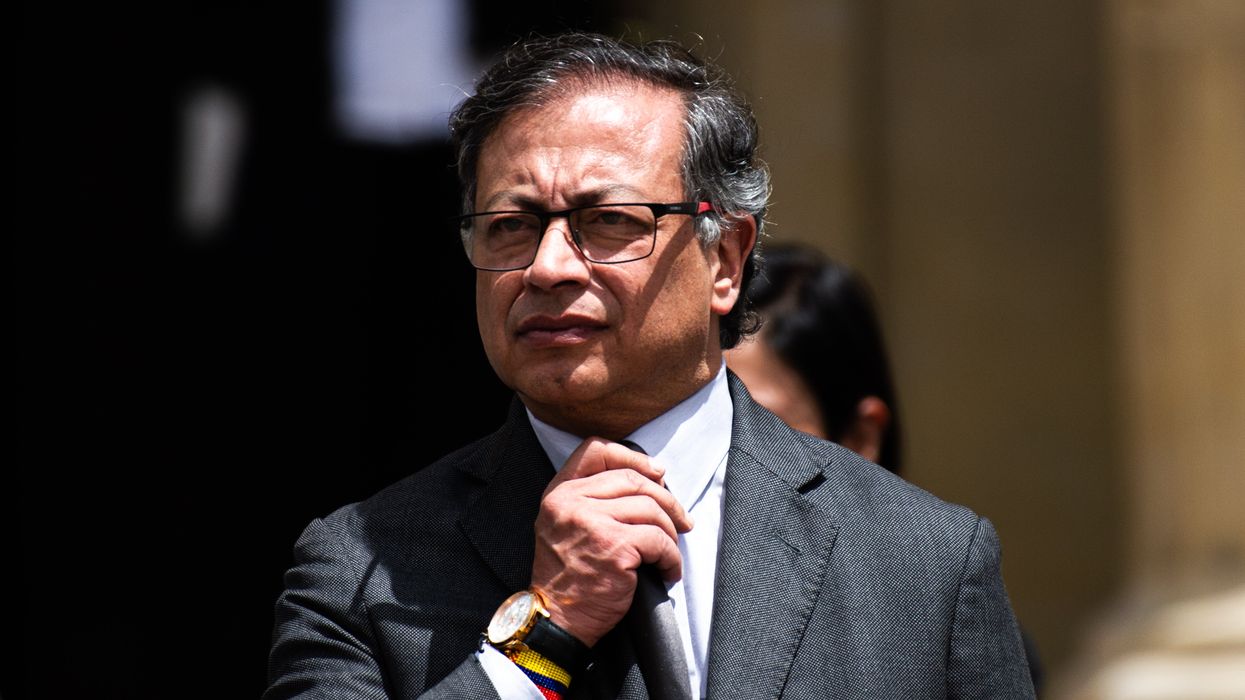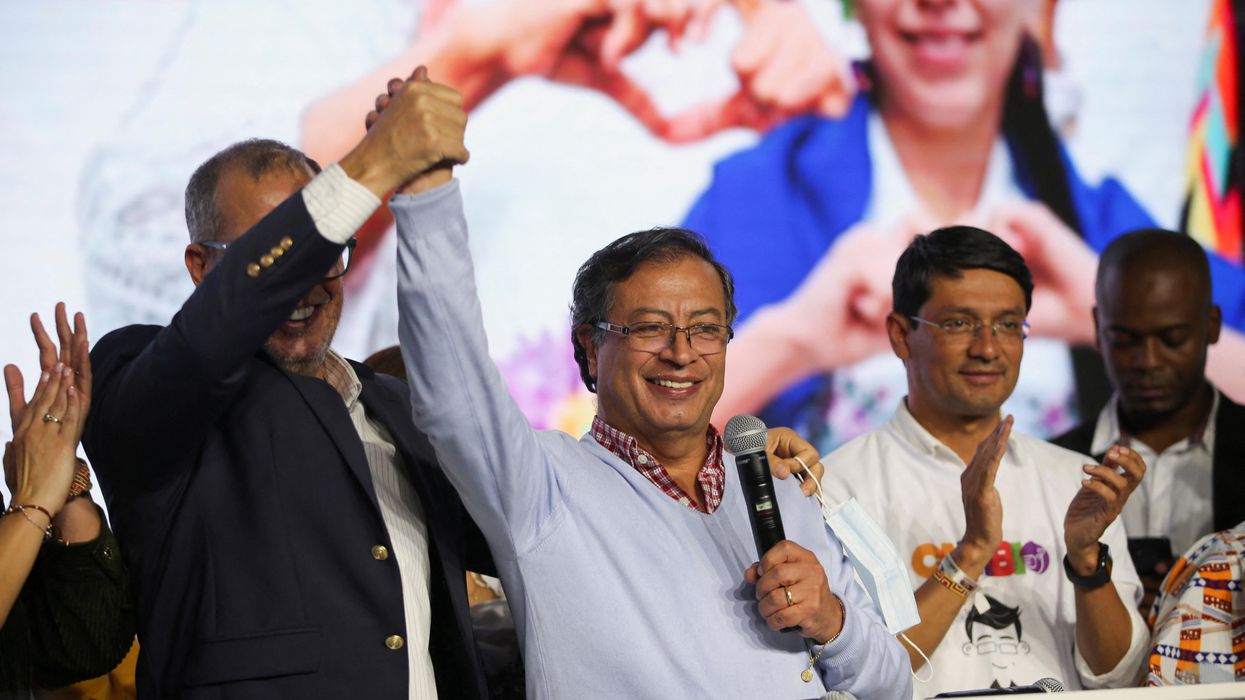by ian bremmer
A message for those graduating in toxic times
Columbia University’s School of International and Public Affairs, a school where I teach a class on applied geopolitics, invited me to deliver this year’s commencement speech. It was a privilege – and a challenge – that I took very seriously.
May 15, 2024
